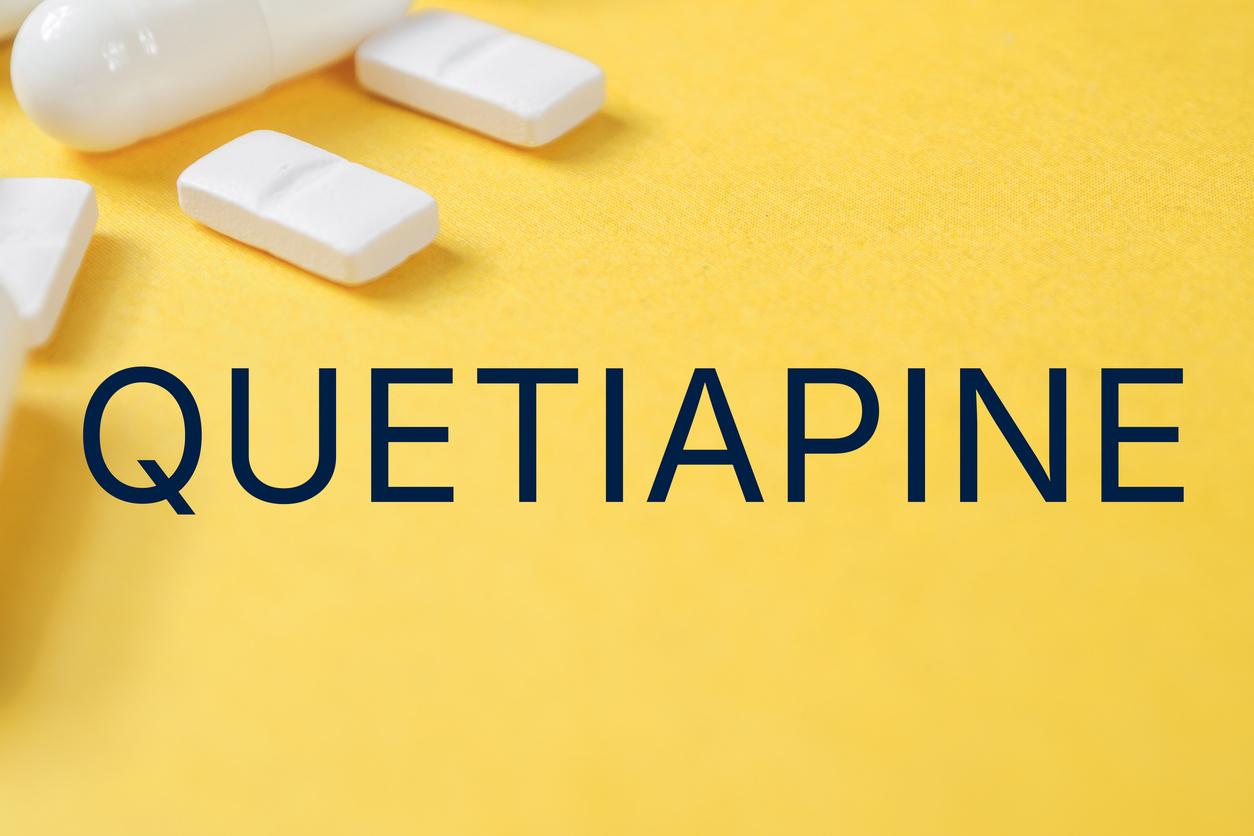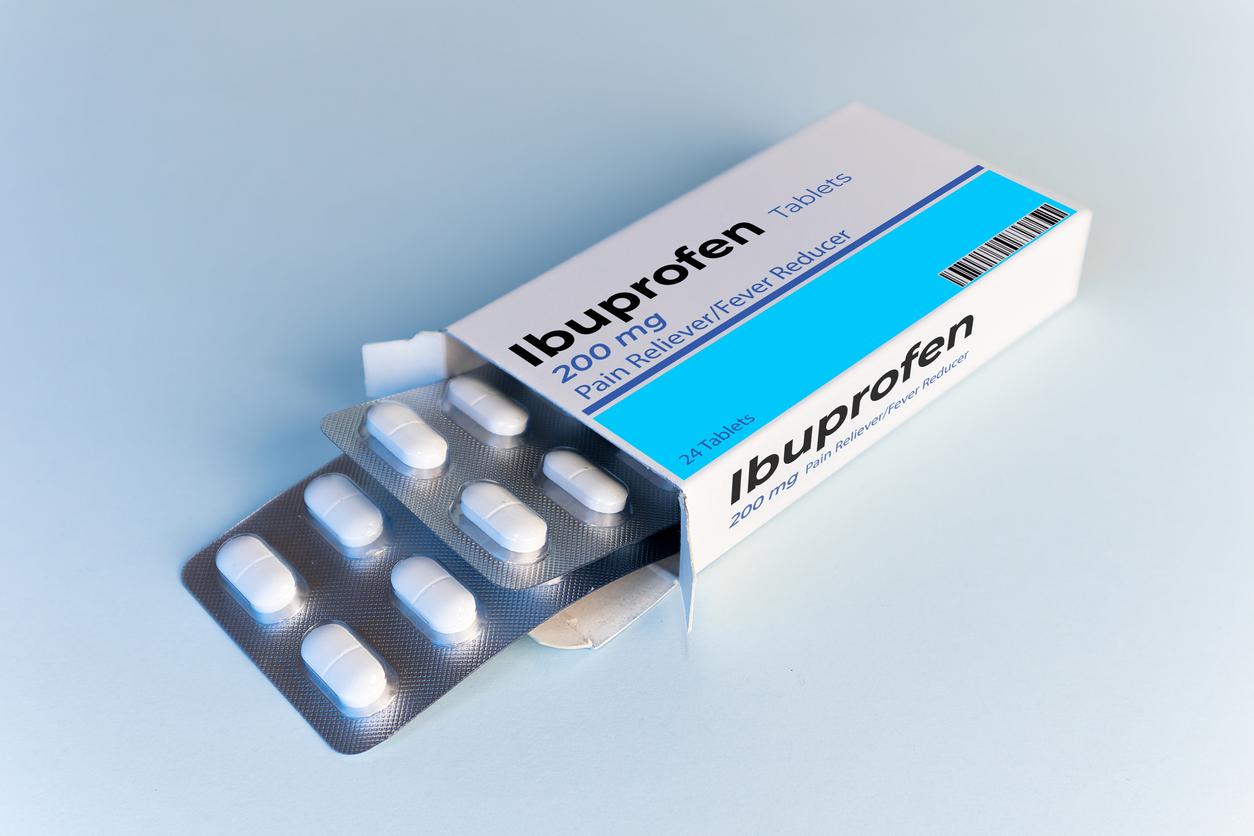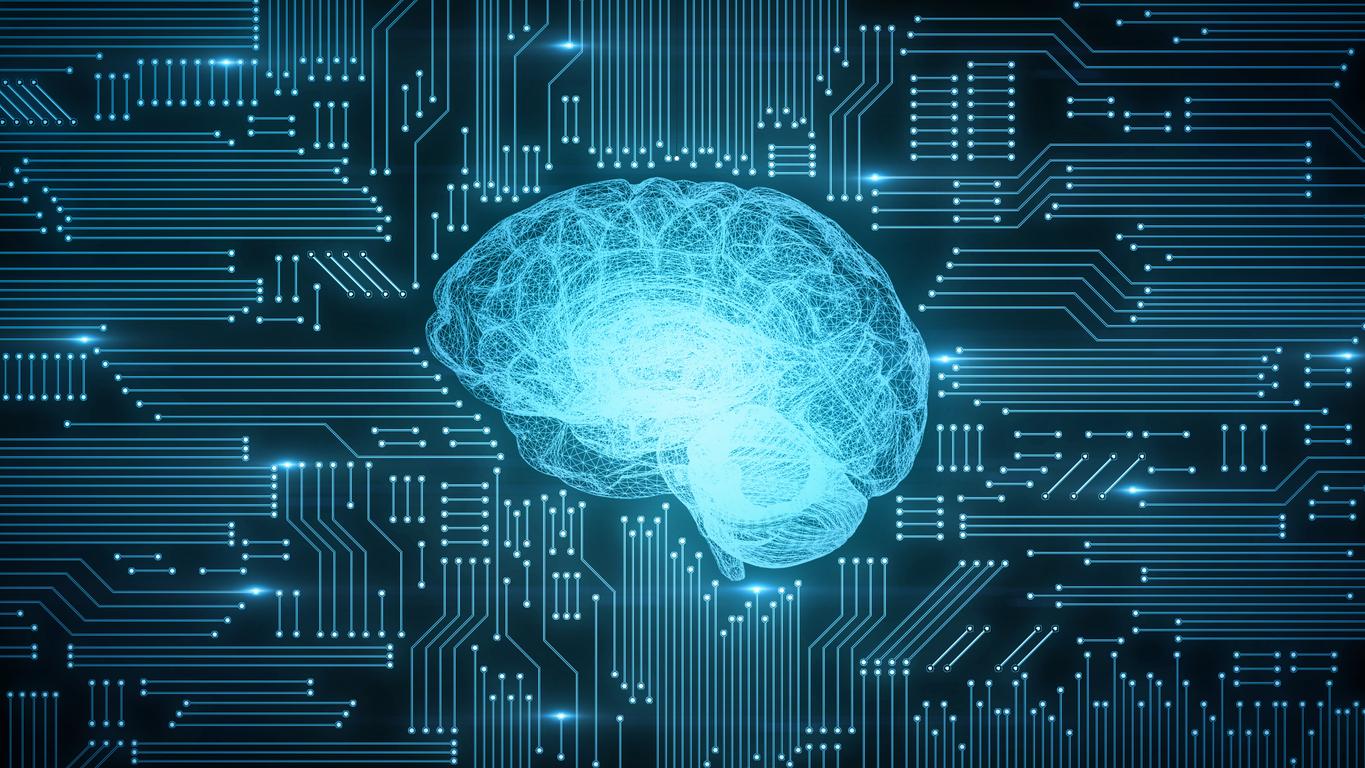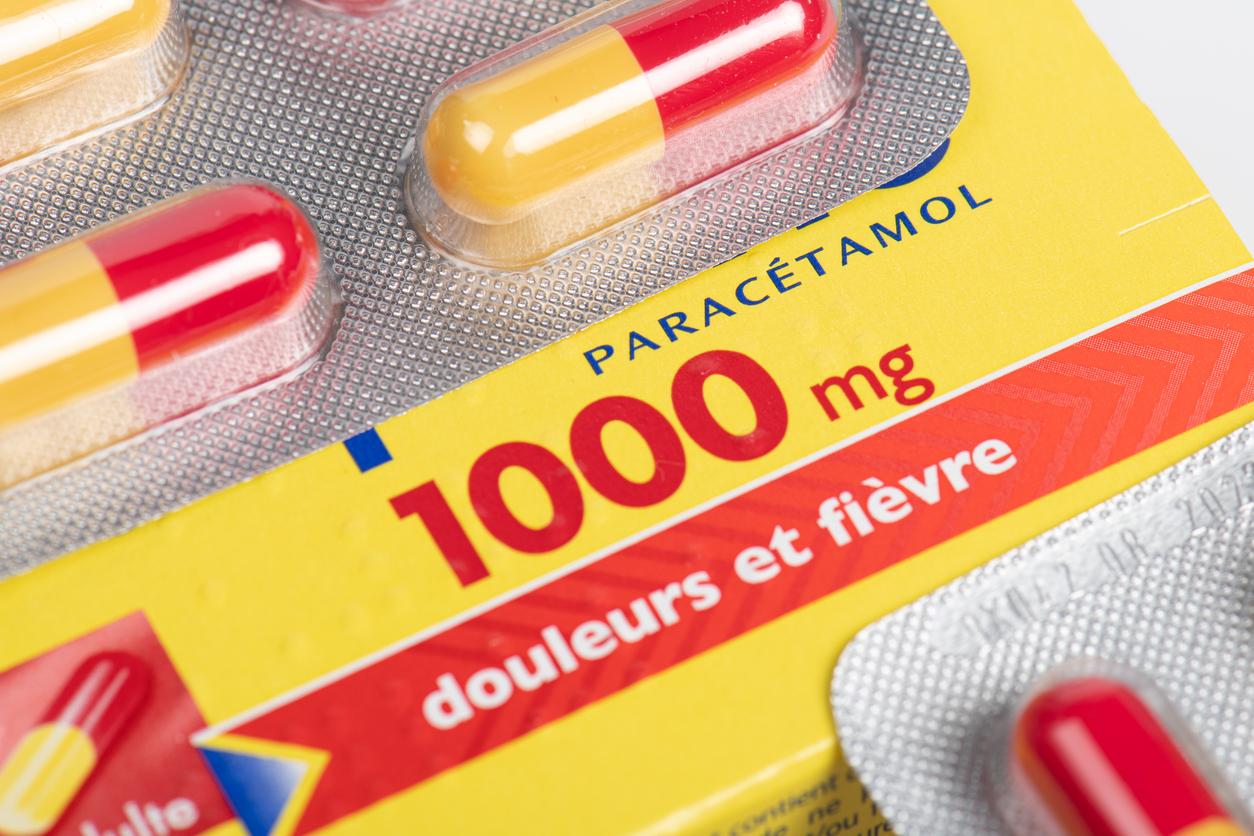The development of new drugs, traditionally a long, costly and complex process, now benefits from advances in AI to accelerate the discovery of new molecules, optimize clinical trials and personalize treatments.

- Accelerating the discovery of new molecules: AI makes it possible to quickly identify promising molecules, reducing discovery time.
- Clinical trial optimization: AI helps target the right patients and design more efficient protocols, increasing success rates.
- Personalization of treatments: AI makes it possible to develop drugs adapted to the individual characteristics of patients, offering more effective and better tolerated treatments.
Artificial intelligence (AI) is transforming many industries, and the pharmaceutical industry is no exception. How is AI revolutionizing drug development?
One of the main applications of AI in drug development is the identification of new candidate molecules. Machine learning algorithms can analyze millions of chemical compounds in a short time, much faster than traditional screening methods. These algorithms can predict which molecules will have the properties needed to interact with a specific biological target, reducing the number of candidates to be tested in the laboratory.
AI-assisted molecular modeling techniques also make it possible to simulate the interaction between molecules and their targets, providing valuable insights into their potential effectiveness. For example, companies like Insilico Medicine and Atomwise are using AI to analyze vast chemical and biological databases, accelerating drug discovery for complex diseases such as cancer and neurodegenerative diseases.
Optimizing clinical trials with AI
Clinical trials are a crucial and expensive step in the development of new drugs. AI offers powerful tools to optimize these processes. It can be used to identify patients most likely to respond to a specific treatment, by analyzing genetic, clinical and environmental data. This approach can reduce the cost and time of clinical trials by more precisely targeting the right patient groups.
Additionally, AI can help design more effective clinical trial protocols by predicting outcomes and adjusting parameters in real time. For example, IBM Watson Health uses machine learning techniques to analyze data from past clinical trials and optimize future trials. This approach can improve trial success rates and accelerate the time it takes to bring new drugs to market.
Personalization of treatments
AI also plays a key role in personalized medicine, which aims to tailor treatments to each patient’s individual characteristics. By using algorithms to analyze genetic data, medical records, and other health information, researchers can identify genetic variations that influence drug response. This helps develop more effective and better-tolerated treatments.
For example, the Deep Genomics AI platform uses algorithms to analyze genomic data and identify therapeutic targets specific to subgroups of patients. This approach enables the design of drugs that precisely target the underlying mechanisms of the disease, thereby providing more personalized and potentially more effective treatment options.
Reduced costs and time
Drug development has traditionally been a costly and time-consuming process, often lasting over a decade and costing billions of dollars. AI can reduce these costs and timelines by automating and optimizing many steps in the process. By accelerating drug discovery, optimizing clinical trials, and personalizing treatments, AI has the potential to significantly reduce drug development costs.
Improved success rates
Success rates for new drugs in clinical trials are often low, partly due to biological complexity and variability in patient responses. AI can improve these success rates by providing more accurate tools to identify promising molecules and suitable patients. By optimizing trial protocols and personalizing treatments, AI can increase the chances of success for new drugs.
Access to innovative treatments
AI also paves the way for innovative treatments for complex and rare diseases that currently have no effective treatments. By analyzing large datasets and identifying new therapeutic targets, AI can accelerate the discovery of treatments for neglected diseases and provide new options for patients who have not responded to existing treatments.
Challenges of using AI in drug development
For AI to be effective, it needs high-quality and diverse data. However, medical data can be incomplete, biased, or poorly structured. Collecting, managing, and standardizing this data is a major challenge. In addition, AI algorithms must be trained on representative datasets to avoid bias and ensure accurate and generalizable results.
The use of AI in drug development raises ethical and regulatory questions. Ensuring that algorithms are transparent, fair and accountable is crucial. Regulators must also ensure that new drugs developed using AI meet safety and efficacy standards. Having the right regulatory frameworks in place is essential to encourage innovation while protecting patients.
Acceptance by healthcare professionals
Integrating AI into drug development requires acceptance and adoption by healthcare professionals. It is essential to educate researchers, physicians, and other healthcare professionals about AI technologies and their potential. Collaboration between AI experts and healthcare professionals is crucial to maximize the benefits of AI and overcome reluctance and misunderstandings.
AI is revolutionizing drug development by accelerating drug discovery, optimizing clinical trials, and personalizing treatments. This transformation offers significant benefits, including reduced costs and time, improved success rates, and access to innovative treatments. However, challenges remain, including data quality, regulation, and healthcare professional acceptance. By overcoming these barriers, AI can help usher in a new era of medical discovery, improving the health and well-being of patients around the world.
Will AI lower the price of drugs?
The introduction of artificial intelligence (AI) in drug development has the potential to significantly reduce the costs associated with discovering and bringing new treatments to market. Traditionally, developing a new drug can cost billions of dollars and take more than a decade. AI can accelerate this process by more quickly identifying candidate molecules, optimizing clinical trials, and personalizing treatments for specific populations. These advances can reduce research and development (R&D) expenses, a major driver of high drug costs.
However, lower production costs will not necessarily translate into immediate price reductions for consumers. Drug prices are also influenced by factors such as pricing policies, patents, regulation, and pharmaceutical companies’ market strategies. For AI-enabled savings to be passed on to consumers, changes in public health policies and business practices will be required.
In sum, AI has the potential to make drug development more efficient and less expensive, but realizing these savings for patients will depend on multiple factors beyond the technology itself.

















